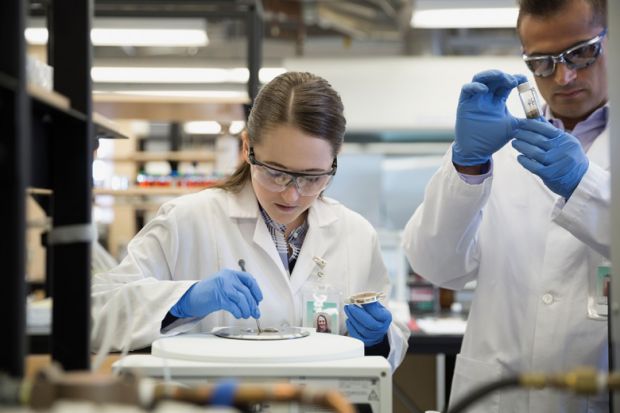Education in the liberal arts dates from the Greek and Roman times. From the trivium (grammar, rhetoric, logic) and the medieval European quadrivium (arithmetic, geometry, music, astronomy), the liberal arts model has always included the sciences, both formal (logic, arithmetic, geometry) and natural (astronomy).
All of these were the required basis for the study of the advanced topics of philosophy and theology, and were what was expected for a person to be considered educated.
As this style of education developed, especially in the United States, the range of topics identified as a part of the liberal arts and sciences curriculum expanded, but has always included the humanities, the social sciences, the natural sciences and formal sciences (such as logic, pure and applied mathematics, statistics and computation). The aim of this modern system of education in the liberal arts and sciences is a broadly and deeply educated individual, who will live life as an engaged global citizen.
In recent years, there has been an ongoing debate about liberal arts versus STEM (science, technology, engineering and mathematics) education, with some in North America turning away from the liberal arts and sciences model in favour of highly specialised STEM degrees. Science is also sometimes considered to be a separate field from the liberal arts. This view is not correct, historically or in current practice.
The sciences are an integral part of the intellectual traditions that led to the modern liberal arts approach. The habits of mind leading to creativity and intellectual innovation in the sciences are no different from those in other fields. In addition to the joy one finds in understanding the natural and social world, scientific knowledge also has an impact on our ability to solve practical problems in the world, from issues related to health and the environment to problems of social and political organisations.
At Yale-NUS College, a liberal arts college in Singapore, science is a basic component of our common curriculum – a linked set of courses taken by all students together. The flexibility of mind needed to embrace new ideas, new results and new situations is a key to the scientific method, so the study of science is particularly well suited to the liberal arts approach. This way of learning involves reading and evaluating what has been written about the physical world; being able to evaluate a quantitative argument; being comfortable with not knowing the answer but able to look for it effectively; and being able to solve a problem by posing the question well and using a broad suite of resources to address it.
These approaches contribute actively to the learning process and refine the way in which we process information. Essential for cultivating a lifelong love of learning, these approaches also form the foundation of research – observation, measurement, probing and forming hypotheses.
Beyond the common curriculum, research also forms an important component in the Yale-NUS science curriculum from the very beginning of a student’s study here. This emphasis on research culminates in the “capstone” project, which provides an opportunity for final-year students to work with faculty on original research challenges. The sciences play a crucial and indispensable role in this sort of work. With our small student-to-faculty ratio, students have the opportunity to work closely with faculty in both coursework and research, across disciplines and at the very boundaries of scientific knowledge.
With the rapid growth of knowledge and pace of change in technology in our world, the detailed content knowledge in every professional field evolves more quickly than any individual can ever expect to master. By the time a student graduates and starts out in the working world, this growth and change will have rendered detailed content knowledge outdated.
Thus, one must now distinguish oneself in the workplace by one’s ability to acquire and evaluate new content knowledge. Graduates of education in the liberal arts and sciences are exposed to multidisciplinary perspectives on knowledge. They have the advantage of the ability to appreciate and understand the breadth and complexity of issues, the capacity to think critically and solve unfamiliar problems, and the skills to effectively communicate and provide leadership. These attributes will give them the flexibility to thrive in today’s rapidly changing global environment.
Overall, the Yale-NUS curriculum addresses the question, “What must a young person learn in order to lead a responsible life in this century?” By combining the strengths of established liberal arts and science traditions with the diverse intellectual traditions and cultures of Asia and the world, we seek to imbue a love of learning in our students, and to enable them to develop the lifelong intellectual habits of critical thinking and adaptability in a global context.
Steven Lynn Bernasek is dean of faculty and professor of science at Yale-NUS College in Singapore.




